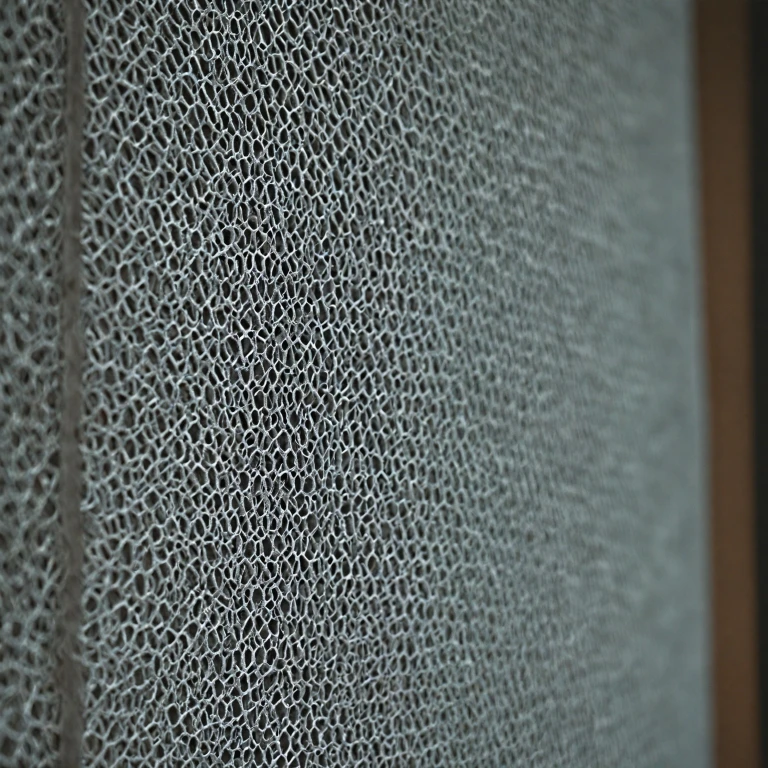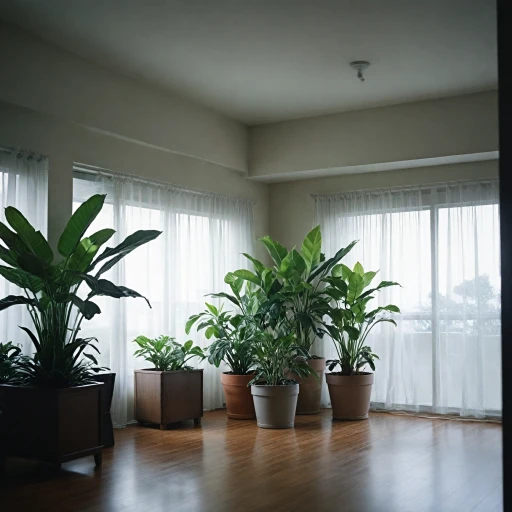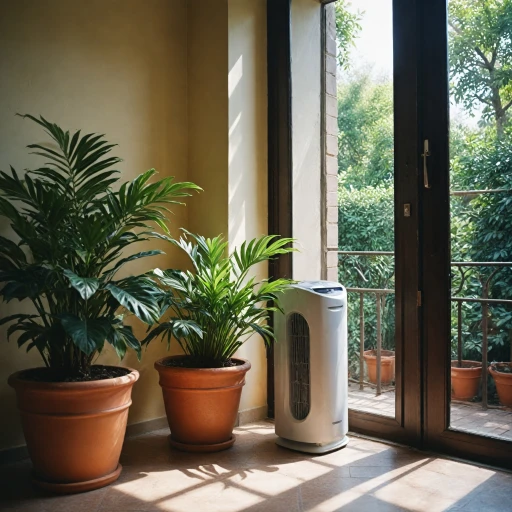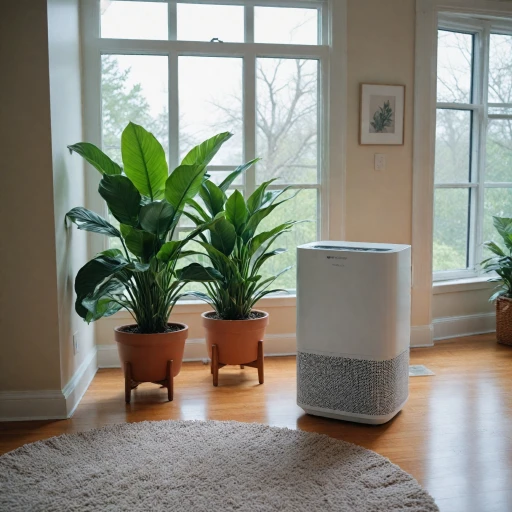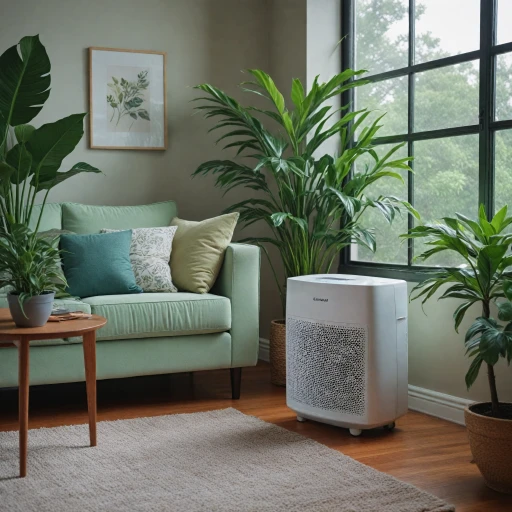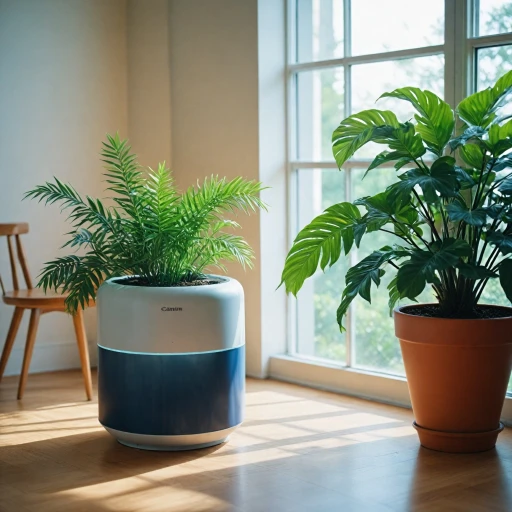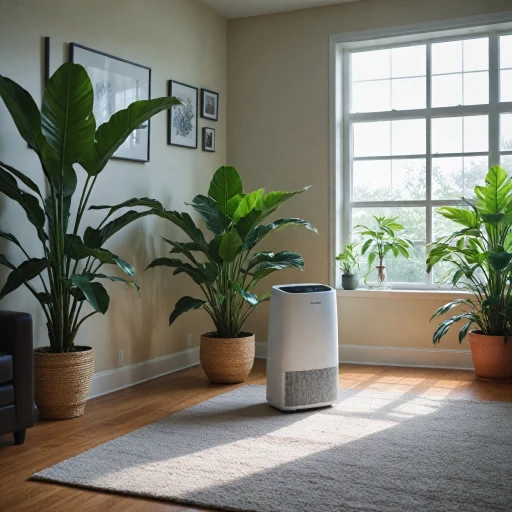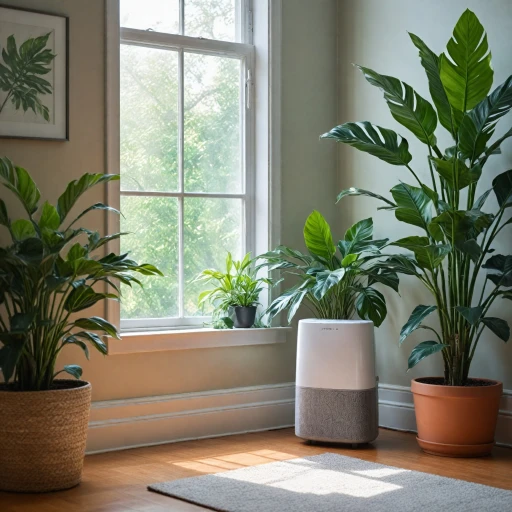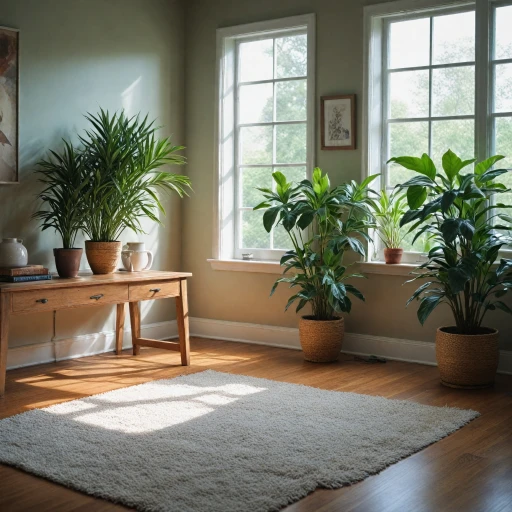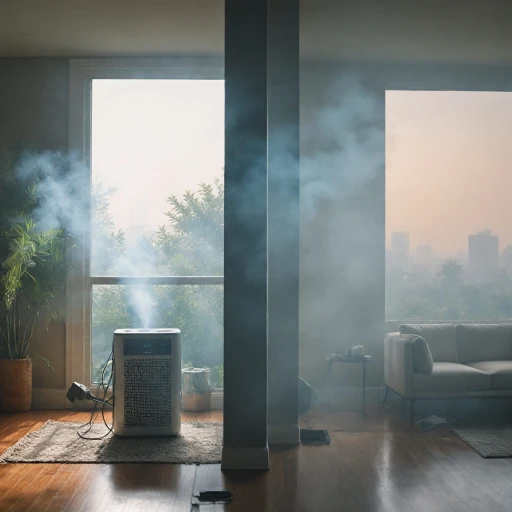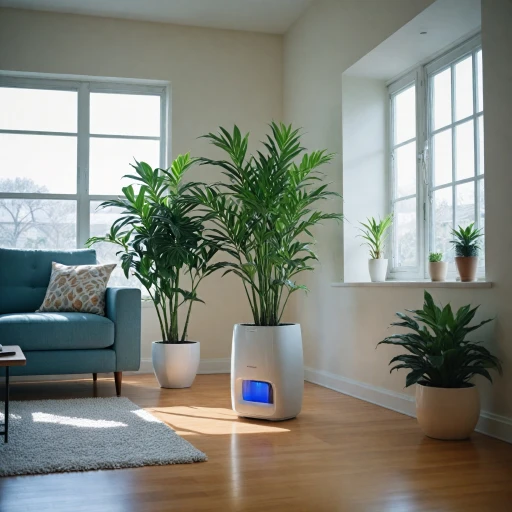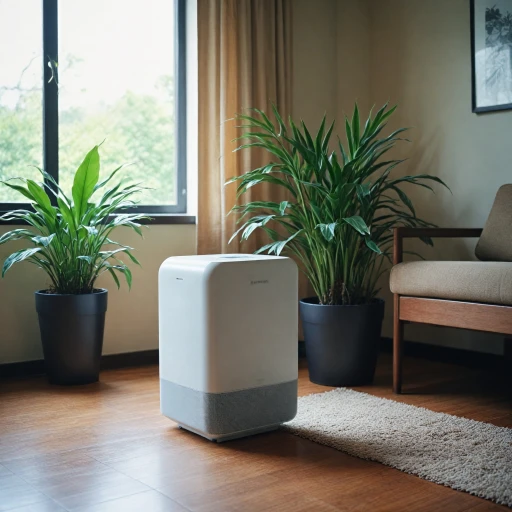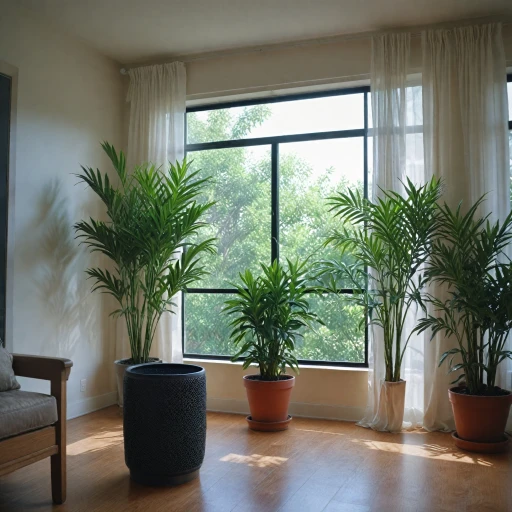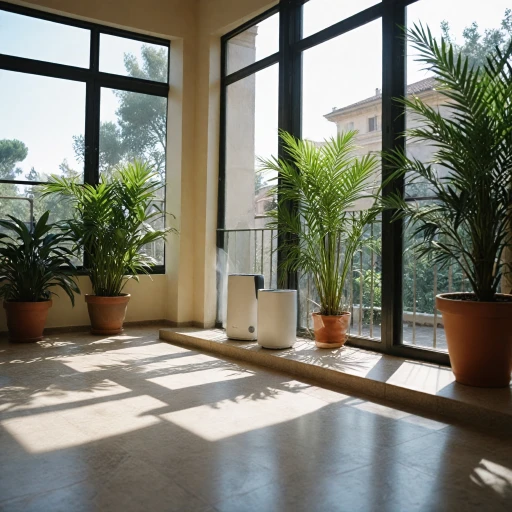
What are HEPA Filters?
Defining HEPA Filters: Their Role in Air Purification
HEPA, which stands for High Efficiency Particulate Air, represents a standard of filtration performance that has become essential in the realm of air purifiers. Originally developed during World War II to filter radioactive particles, true HEPA filters must meet strict criteria and are designed to capture at least 99.97% of particles as small as 0.3 microns in diameter. This makes them extremely effective at improving air quality by trapping particles such as pollen, dust, mold spores, smoke, and pet dander.
HEPA filters are utilized in a myriad of settings, ranging from residential air purifiers to advanced laboratory environments. They play a critical role in air cleaners and purifiers, ensuring the air you breathe is as clean as possible by meeting specific product standards that simplify the selection of compatible filters based on original specifications. The importance of HEPA filters extends beyond typical household uses, impacting industries reliant on maintaining stringent air standards.
When considering an air purifier, it’s important to recognize the cost implications. Although HEPA filters and their replacements can affect the unit price of a purifier, their benefits to air quality often justify the sale price. With a focus on performance, many suppliers and brands, such as LifeSupplyUSA and Airmega, include HEPA filters with activated carbon to enhance filtration capabilities, ensuring that pollutants and odors are efficiently eliminated from the air.
Benefits of Using HEPA Air Purifier Filters
Advantages of Opting for HEPA Filters in Your Air Purifier
The choice of a HEPA filter in your air purifier goes beyond mere preference; it is about enhancing the air quality in your environment significantly. HEPA filters are renowned for their ability to capture various airborne particles, boasting an efficiency rate that captures 99.97% of particles as small as 0.3 microns. This degree of filtration ensures that common allergens and pollutants are effectively removed, which is crucial for maintaining a healthy indoor atmosphere.
One significant advantage of using a HEPA filter is its compatibility with other filtering systems such as activated carbon. Some air purifiers, for instance, combine HEPA filters with electrostatic air filters or activated carbon filters, thereby providing an additional layer of defense against odors and gaseous pollutants. This combination can be particularly beneficial for environments prone to unpleasant odors or higher levels of volatile organic compounds (VOCs).
HEPA air purifier filters also stand out because they are accessible in various standards and specifications, suitable for different models and needs. Brands like Airmega have popularized true HEPA filters, adding to a range of products available for different preferences and budgets. While HEPA filters might have a higher unit price compared to basic filters, their performance benefits often justify the investment.
Moreover, many models offer filter replacements at a sale price, making them a viable option for those seeking lifetime maintenance solutions. Original and replacement filters can be easily found online, with many retailers allowing customers to add cart options for easy purchase, ensuring your air purifiers remain in top condition.
The versatility of HEPA filters also extends to their application within various air cleaner units and air purifiers, allowing consumers to maintain the highest air quality. The products available can vary from standard models to advanced air cleaners, with the option of HEPA replacement as needed over time. This adaptability ensures that your investment in HEPA technology remains valuable and effective throughout its lifespan.
How to Choose the Right HEPA Filter for Your Air Purifier
Selecting the Ideal HEPA Filter for Your Needs
Choosing the right HEPA filter for your air purifier can significantly impact air quality and enhance the environment of your home or workplace. Here are some considerations to guide you:- True HEPA Standards: Ensure that the filter meets the 'True HEPA' standard, which captures 99.97% of particles as small as 0.3 microns. This is crucial in removing dust, pollen, and other fine particles. Some products labelled as HEPA-type or HEPA-like may not meet these standards.
- Purifier Compatibility: Before adding a filter to your cart, confirm that it's compatible with your specific air purifier model. Brands like Airmega or products from LifeSupplyUSA offer a wide range of filters, but ensuring compatibility is key for optimal function.
- Price Factors: Assess the unit price and long-term cost of replacement filters. While initial cost is important, consider the lifespan and frequency of replacement. Some HEPA filters require replacement every six to twelve months depending on usage.
- Additional Features: Some HEPA filters are enhanced with activated carbon layers for additional odor and gas adsorption. An activated carbon filter can be invaluable in reducing household odors and volatile organic compounds (VOCs).
- Replacement Ease: Check if the filter replacement process is user-friendly. An easy-to-replace purifier filter not only saves time but also ensures you continue to enjoy optimal air cleaner performance without hassle.
Maintaining Your HEPA Filter for Optimal Performance
Keeping Your HEPA Filter in Top Shape
Maintaining your HEPA filter is crucial for ensuring your air purifier operates at its best, providing the cleanest air possible. Here’s how you can keep your HEPA filter in optimal condition:- Regular Inspections: Regularly check the HEPA filter in your air purifier to identify when a replacement air filter is necessary. Accumulation of dust and debris can hinder performance, affecting the sale price and efficiency.
- Timely Replacements: Depending on the air quality and usage, true HEPA filters often require replacement every 6 to 12 months. Mark it on your calendar or set a reminder, ensuring you have a purifier replacement filter ready in your cart.
- Cleaning the Filter: Some models, like certain Airmega units, may allow gentle cleaning of the hepa air and filter activated parts. However, it’s essential to check the manufacturer's instructions to avoid damaging the hepa filters, ensuring they are the same standard as the product originally supplied.
- Monitor Performance: If you notice reduced air flow or persistent odors, even after filter activated carbon has been changed, it might be time to consider either a compatible replacement filter or check compatible products for quality issues.
Comparing HEPA Filters with Other Types of Air Filters
HEPA Filters in Comparison to Other Air Filter Options
When considering an air purifier, it's essential to weigh the benefits of HEPA filters against other available options. This can help you understand the importance and value of your investment, as well as optimize the air quality in your environment.
One of the main alternatives to HEPA is the activated carbon filter. These filters are particularly effective in removing harmful gases, odors, and VOCs (Volatile Organic Compounds) from the air. While activated carbon filters excel in absorbing pollutants that HEPA filters might miss, they do not trap the smaller airborne particles that HEPA filters can capture.
For many, combining HEPA with activated carbon filters in a purifier is a standard choice, offering a more comprehensive approach to cleaning air. This combo can often be seen in products priced for a wide range of budgets.
Another alternative is the electrostatic filter. These filters use an electric charge to capture particles, which can be a more affordable option. However, they require regular cleaning and might not always meet the efficiency and reliability of a true HEPA filter.
Lastly, some air purifiers employ ultraviolet light (UV) to kill germs or bacteria. While not a direct replacement for a HEPA filter, these can act as a supplement in a larger air purification system, adding an additional layer of defense.
The choice between these filters largely depends on your specific needs, the price point you're comfortable with, and any particular air quality concerns you have. For a majority, the true HEPA filter, hailed for its effectiveness and standard in products like the Airmega and other leading purifiers, remains the go-to choice due to its proven capability in capturing the smallest harmful particles.

